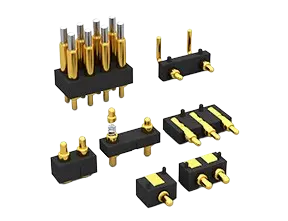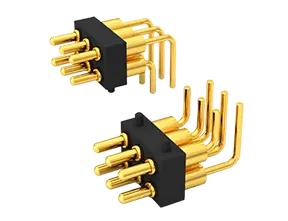FPC/FFC connectors are precision electronic connectors specifically designed for connecting Flexible Printed Circuits (FPC) and Flat Flexible Cables (FFC). They are characterized by the following features:
1. Fine Pitch Design: The pitch between contacts in the connector includes very small distances such as 0.30mm, 0.50mm, and 1.00mm, allowing for high-density connections within limited space, catering to the modern electronic devices' demand for miniaturization.
2. Flexibility: Due to the flexible nature of FPCs and FFCs, they can bend and fold within confined spaces, unlike traditional rigid circuit boards.
3. Locking Mechanism: Most FPC/FFC connectors are equipped with locking mechanisms, such as flip-lock, slide-lock, or straight insertion systems, to ensure that the cable or circuit board is securely fixed in place after insertion, preventing detachment or loss of connection.
4. Easy to Install: They typically support simple insertion operations, facilitating quick and easy connection and disconnection of FPC or FFC.
5. Diverse Connection Options: FPC/FFC connectors offer a variety of pin spacings and pin counts to meet different design and functional requirements.
6. Reliable Connection: These FFC/FPC connector types are designed to provide stable and reliable electronic connections, ensuring the proper functioning of devices.
These connectors by Rtench are widely used in portable electronic devices, consumer electronics, automotive electronics, and medical equipment, significantly impacting the reliability of electronic products.
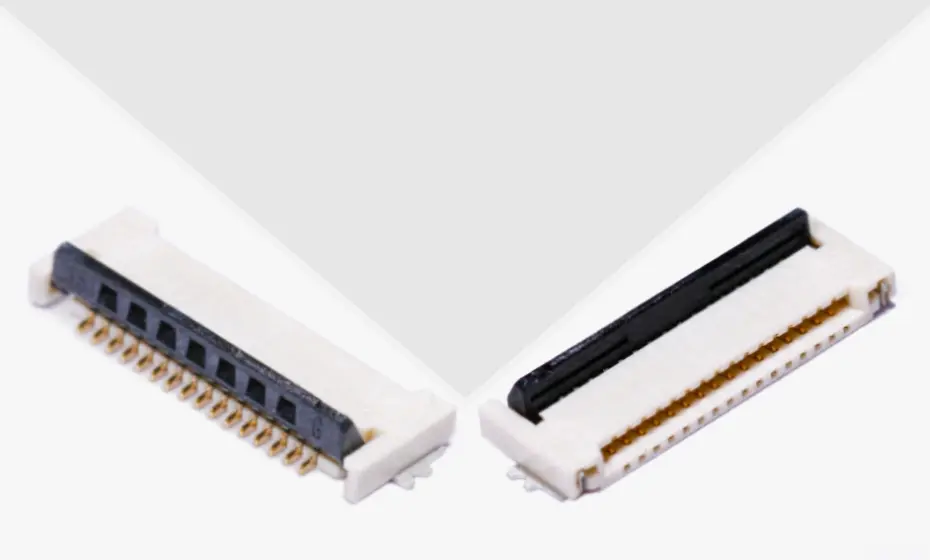
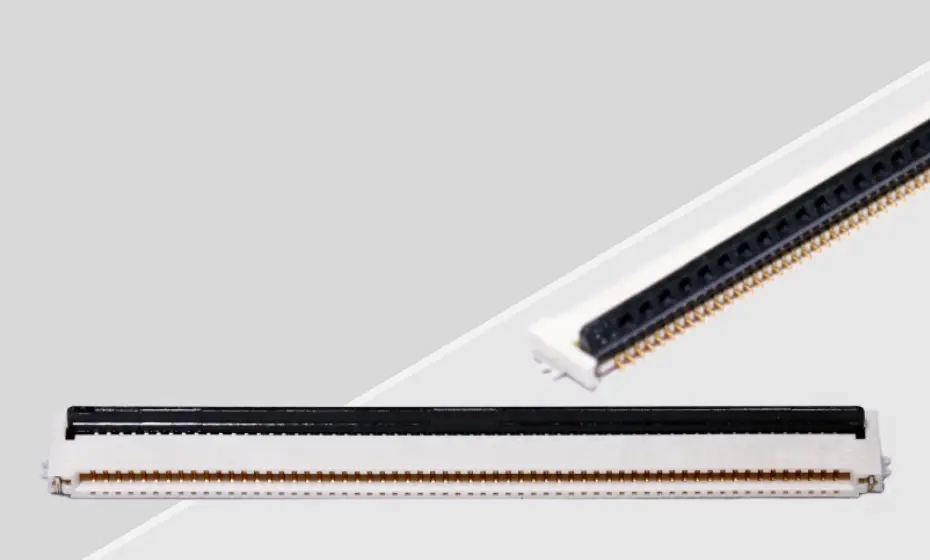
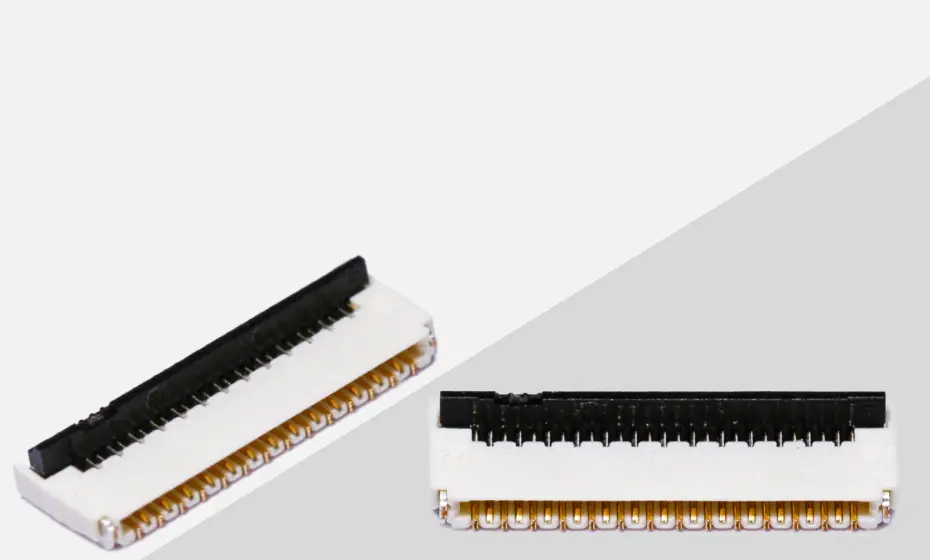
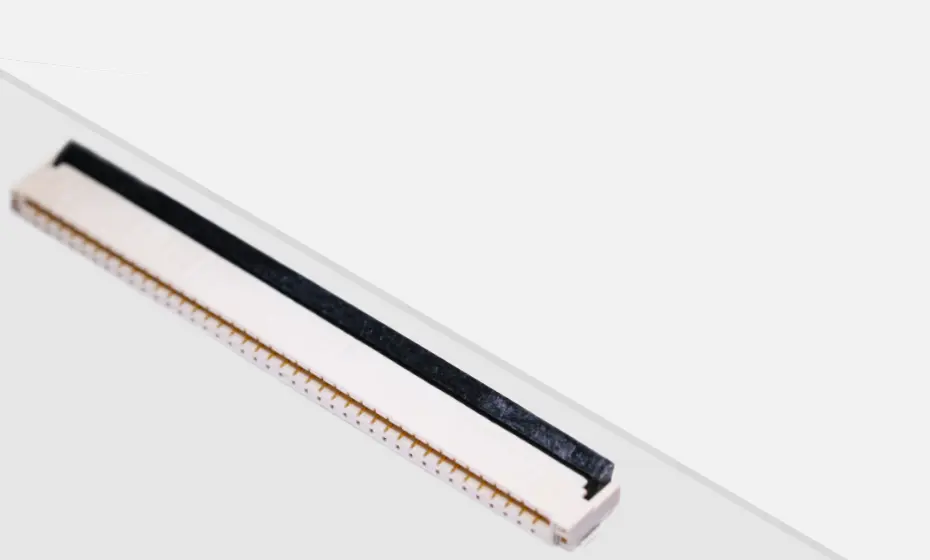
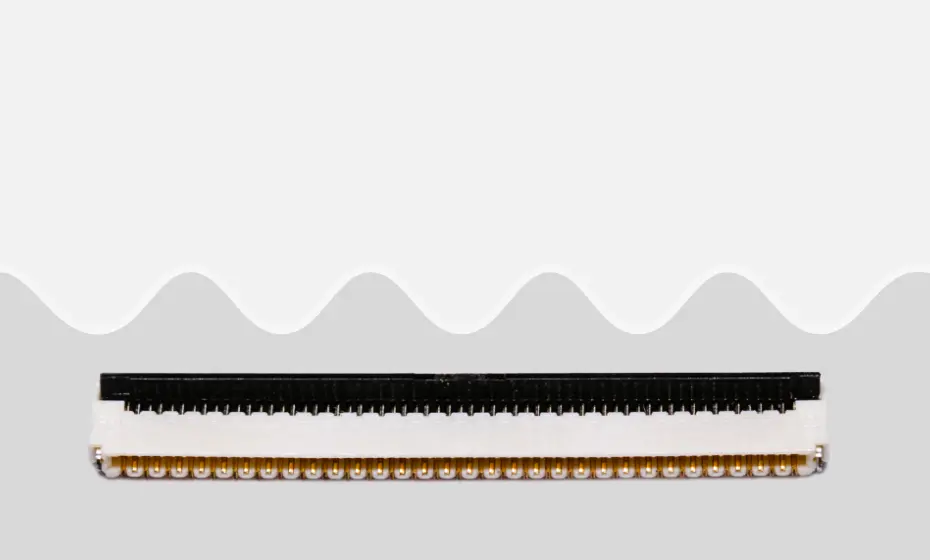
In cable-to-board applications, ribbon-type flat flexible cables (FFCs) are mated to PCB circuitry using FFC connectors. Additionally, cable-to-cable arrangements are offered for them. These FFC conne...
In cable-to-board applications, ribbon-type flat flexible cables (FFCs) are mated to PCB circuitry using FFC connectors. Additionally, cable-to-cable arrangements are offered for them. These FFC connectors, for example, ffc 0.3 mm, fit into small places because of their high density and thin form factor. They are frequently found in consumer electronics such phones, computers, cameras, and computer accessories. An embedded metal connector is encased in a single or double row connector housing, which is usually composed of flexible plastic, polymer, engineered rubber, or film. There are numerous locking styles to choose from.
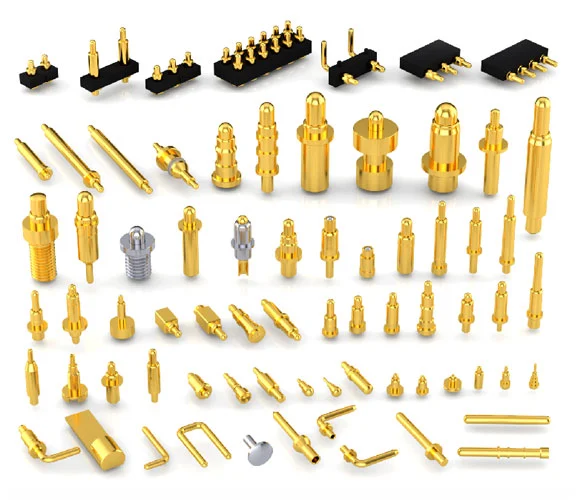
To reduce electromagnetic interference (EMC), completely shielded versions of FFC/FPC connectors are offered.
This sort of connector is secured by a number of locking methods, such as retention tabs, latches, and lock nails.
Surface mount or through-hole termination to the board are available options.
In devices like scanners, photocopiers, and displays, where mechanical flexibility is essential, flat flexible cable connectors have historically been preferred. These days, FFC cables are commonly used for signal transmission and plate board connections, plotters, scanners, copiers, stereos, LCD appliances, fax machines, DVD players, and printer connections between the head and the motherboard. FFC Cables, such as ffc cable 0.5 mm pitch, are widely used in contemporary electrical devices.
Contact
Rtench's Pogo Pin Connectors News
